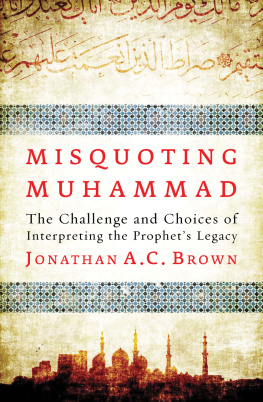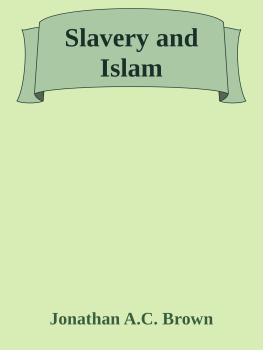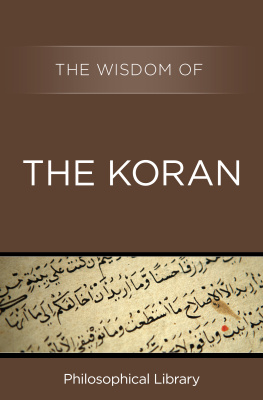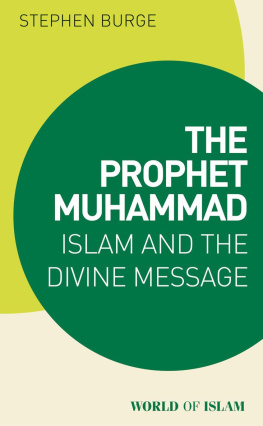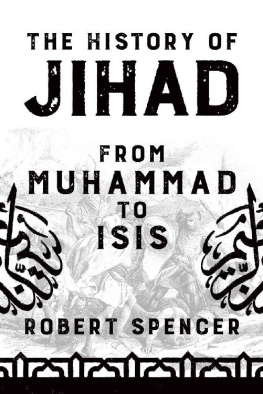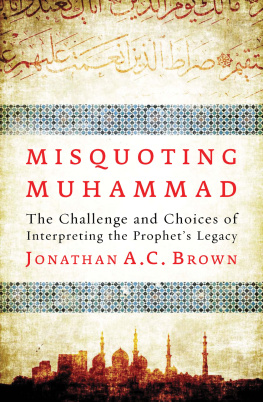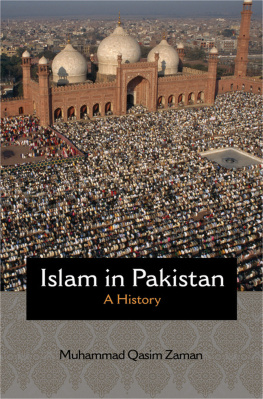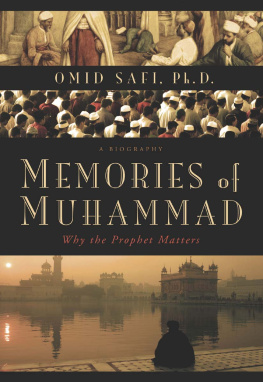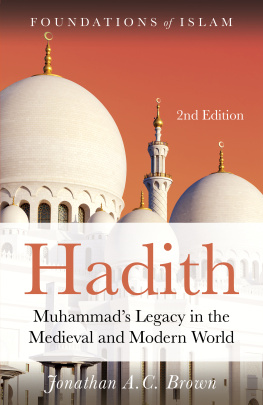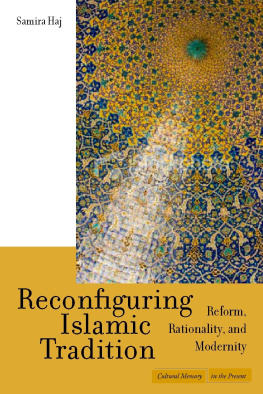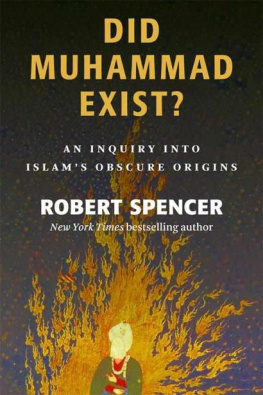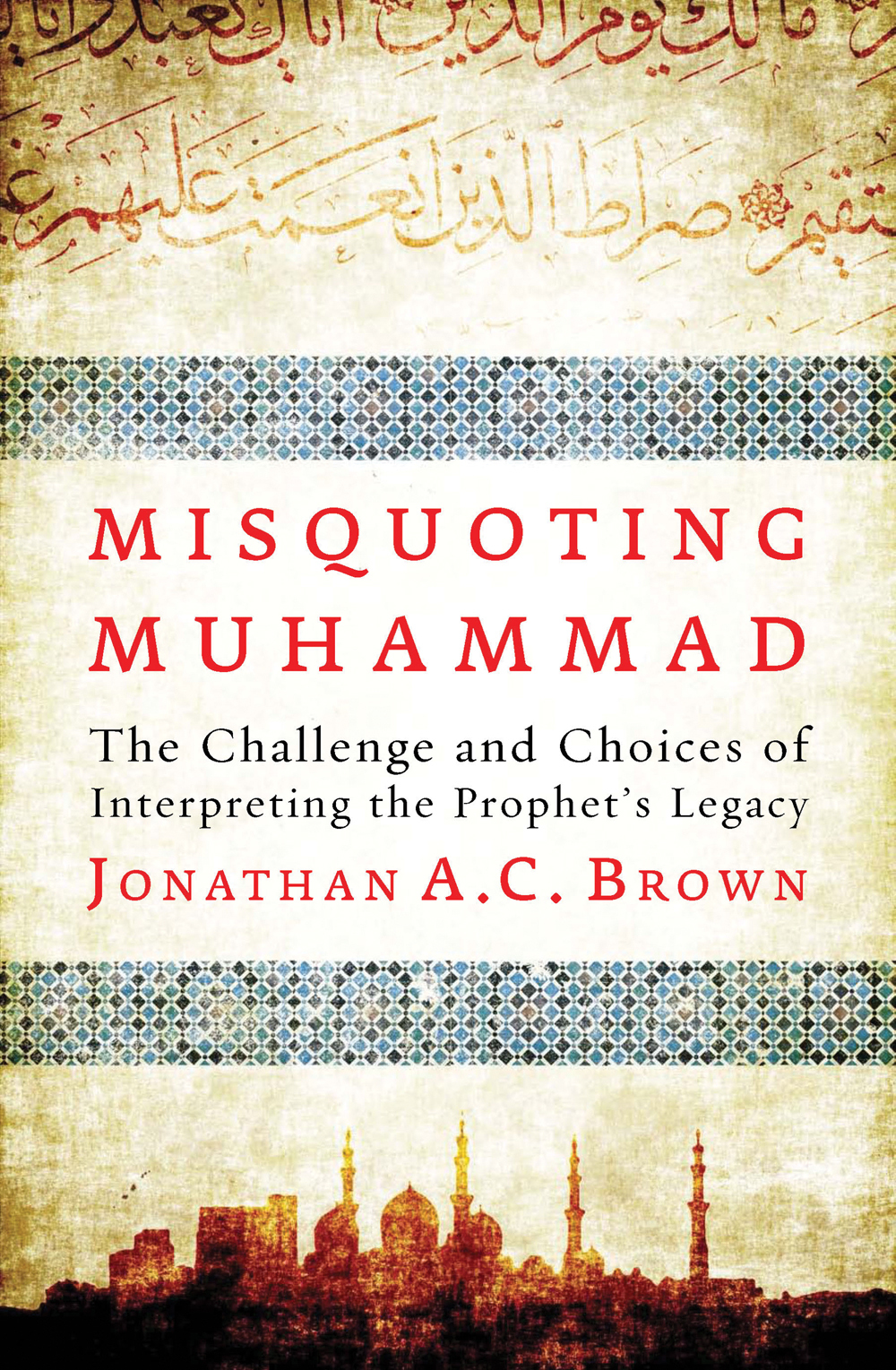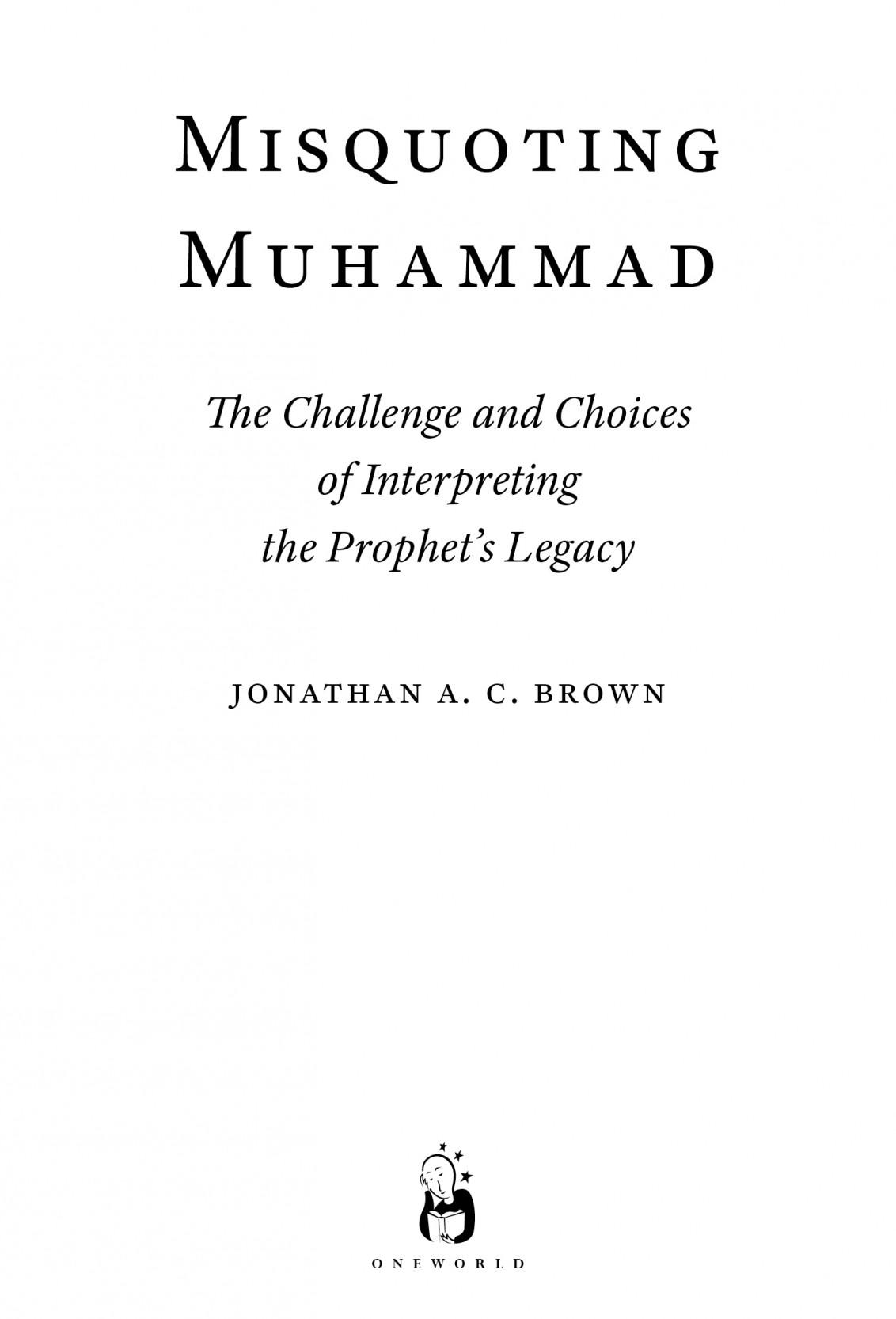In every object there is inexhaustible meaning; the eye sees in it what the eye brings means of seeing.
Foreword
The Prophet Muhammad remains indispensable. The great debates of modern Islam debates that, as this book shows, are great human debates continue to be fought through the legacy of the Prophet, in his name, because of the Prophet, and in spite of him.
He is always present among Muslims. They continue to praise their Prophet and recall his virtues in sermons, devotional songs, and books galore. Today, as in centuries past, those who fear, are ignorant of, or hate Islam have zeroed in on the Prophet as the manifestation of their phobias, blasting him in books and YouTube clips. And so the Prophets persona and legacy serve as vehicles for both the highest aspirations of Muslims and the most vicious vitriol toward them.
Salafis, Sufis, modernists, reformists, Wahhabis: whichever Muslim group, by whatever name one calls them, and in all their conceivable permutations, portray themselves as bearing the mantle of the Prophet. The Salafis claim to be the most authentic bearers of his authenticated words and deeds. The Sufis claim to be striving not just for the actions but also for the inner experience of the Prophet. Modernists talk about Ijtihad, or reinterpreting Islam according to what the Prophet would do and teach today. In short, they all claim to speak in Muhammads name, quoting, misquoting, and contesting the legacy of the Prophet.
It is most appropriate that this book looks at the great questions of interpreting what Islam has meant and should mean through the lens of Muhammad. Perhaps until very recently, no Muslim had ever read the Quran with pure, naive eyes. Muslims had always read the Quran through the person and legacy of the Prophet, whether embodied in oral or written traditions, whether in inspired visions or through scholastic commentaries and commentaries on commentaries. It is the contested legacies of the Prophet that have been the prime commentaries on the Divine text.
In this book, Professor Jonathan Brown walks the reader through some of the more contentious modern debates in Islam today, such as whether women can lead communal prayers; what happens to Muslims who leave Islam; and the role of violence in the modern state. Readers will be surprised at what they find, sometimes pleasantly and sometimes not. It is not to be expected that all readers will agree with Browns conclusions. Yet one has to admire the rigorous and methodical way in which he analyzes the textual evidence for the various positions held on these issues.
Misquoting Muhammad comes at an opportune time. The author has quickly established himself as the foremost scholar of the Hadith (prophetic traditions), combining the most rigorous aspects of the Western academic study of Islam with the best of classical Islamic scholarship. In this sense, his work recalls the best of biblical scholarship by exponents such as Bart Ehrman. Reading this book will be rewarding in many and different ways for Muslims and non-Muslims alike.
As a professor myself, and one reluctantly moving up in years, I cannot help but appreciate that Browns book is also an important step in the career of an extraordinary scholar, one who is ready to bring the fruits of his formidable scholarship to a wider audience. Both the scholarly community and the general reading public are richer for his contribution.
Omid Safi
Preface
The title and the idea for this book was proposed by a crafty, teddy-bear-like friend of mine, who suggested writing a counterpart to Bart Ehrmans best-selling Misquoting Jesus . Though I still have not read the book, I have benefited greatly from Ehrmans other writings and could imagine what the book argued. I told my friend that I did not feel comfortable writing an unveiling Islamic origins book, so he proposed framing the project more as contesting Muhammad. This made much more sense, and thus the subtitle (for me, the real title) of the book emerged: the challenge and choices of interpreting the Prophets legacy.
The contents of this book took shape starting in 2007, during my first year as a professor. At the time I was engrossed in the subject of forgery and looking at forgery in the Islamic tradition in a comparative light. Though this research ultimately made its way into chapter six of the book, the central themes of the volume originated not in my research but in my teaching and public lectures. It became clear to me that by far the most pressing questions befuddling both Muslim and non-Muslim audiences were how we should understand such-and-such a controversial Quranic verse, or such-and-such a provocative Hadith. During the question-and-answer time at talks I gave, I saw again and again the disillusioning clash between scripture and modernity acted out before me by individuals wondering how they should understand Islam today and what their relationship to the classical heritage of Islam should be. This book is not my attempt to give people the answers to these questions. Rather, it is my effort to lay out for the reader what some of the possible answers are and what their consequences might be.

